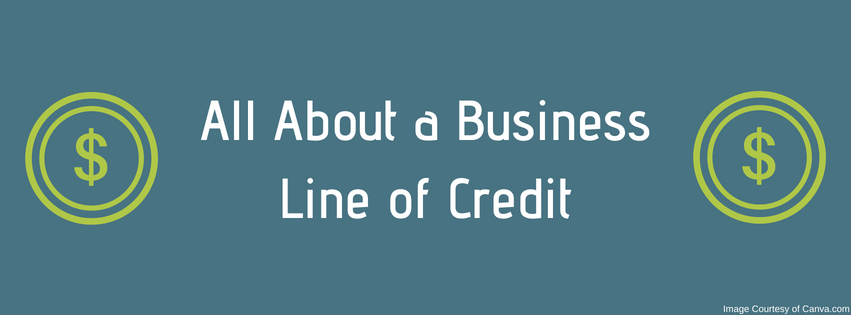For many small businesses, opening a business line of credit is a financial essential – perfect for easing the stress of cash-flow interruptions or helping with sudden purchase orders. What is a business line of credit? Think of it as a mix between a business loan and a credit card.
Like a loan, you have money to spend on any and all business expenses as they arise, whereas like a credit card you only pay interest on the amount borrowed, when it is borrowed. As such, the funds available with a business line of credit is typically lower than a loan, depending on the funder, but still can be a substantial amount of money capable of carrying most small businesses through hard times or unusually busy seasons, without risking serious debt from expensive loan interest rates.
Looking to open up your own business line of credit? Here’s what you need to know…
General Starting Requirements
Before approving your business for a line of credit, (the exact guidelines vary from funder to funder), most banks check that your company fulfills the following general requirements:
- Your business has been open for at least one year;
- You have a personal FICO credit score of 580 or more;
- You are receiving a monthly business income of at least $10,000;
- You can prove the existence of short-term assets like accounts receivable for collateral; and
- You have had no recent bankruptcies, tax liens, or foreclosures to stain your financial credibility.
All the boxes checked? You’re ready to go!
Preparing Your Business Beforehand
About 6-8 months before you meet with your funder, begin preparing your company to give you the best chance at approval and a high credit limit. Be sure to:
- Pay your bills on time to maintain a good credit score and avoid pesky interest fees;
- Resist opening up new credit accounts as each funder inquiry into your score, lowers it;
- Pay down (or off) current credit accounts to ensure you don’t get an instant request denial from your funder due to a history of maxed credit; and
- Begin collecting your bank statements, balance sheets, profit-loss statements, and both your business and personal tax returns to bring into your appointment with your funder.
In the meantime, don’t be afraid to focus on your own needs for a business line of credit. When do you think you’ll need the money and what for? It’s best to apply long before an emergency situation ever appears. Have good credit as is? Your bank is probably going to be your best funder option. Not so good credit lowering your odds of approval? Explore other outside options and don’t forget to compare APR rates and fees.
For many small businesses – provided that you keep up with your payments – having a business line of credit can be just the thing to provide cash-flow peace of mind in the turbulent years of a young company.
(Thanks to this article by Biz2Credit for the information share!)
